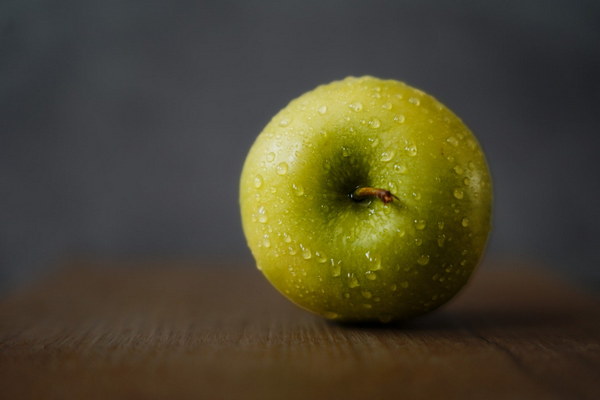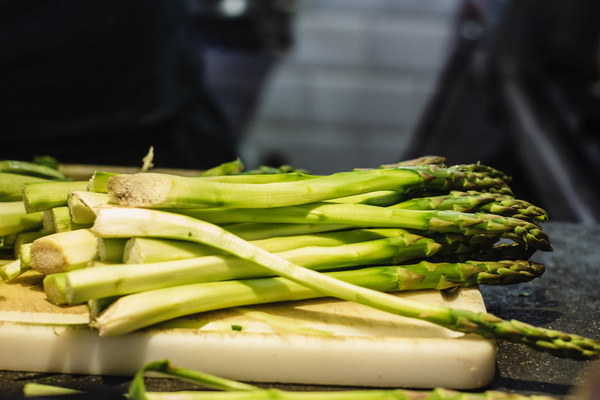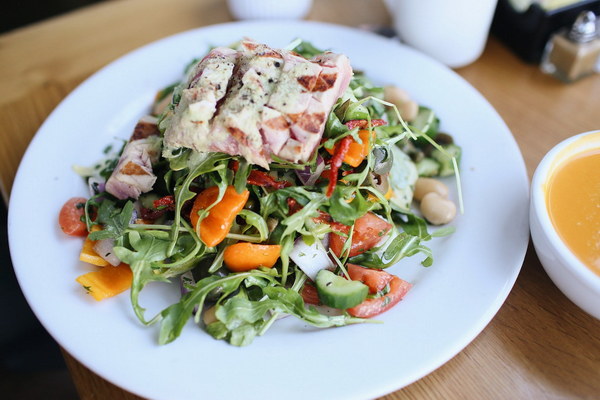Post-Hysterectomy Recovery A Guide to Effective Nutritional Support and Healing
Post-hysterectomy recovery is a critical period for women, as it involves not only physical healing but also addressing the nutritional needs of the body. Proper nutrition can play a significant role in speeding up the recovery process and ensuring a quicker return to normalcy. Here's a comprehensive guide to effective nutritional support and healing after a hysterectomy.
1. Understanding Nutritional Needs After Hysterectomy
A hysterectomy can impact the body's hormonal balance and digestive system, which in turn affects nutrient absorption. It's essential to understand the following nutritional needs:
- Protein: Essential for tissue repair and healing.
- Iron: Important for oxygen transport and prevention of anemia, which is common after surgery.
- Calcium: Crucial for bone health, as the body may absorb calcium differently post-surgery.
- Vitamin D: Necessary for calcium absorption and overall bone health.
- Fiber: Helps maintain regular bowel movements and can prevent constipation, a common side effect of pain medications.
- Antioxidants: Protect the body from inflammation and promote healing.
2. Foods to Focus On
- Protein-Rich Foods: Lean meats, poultry, fish, eggs, dairy products, legumes, and nuts are great sources of protein.
- Iron-Rich Foods: Red meat, poultry, fish, beans, lentils, tofu, and fortified cereals are good sources of iron.
- Calcium-Rich Foods: Dairy products, leafy green vegetables, and fortified foods and drinks.
- Fiber-Rich Foods: Fruits, vegetables, whole grains, legumes, and nuts.
- Antioxidant-Rich Foods: Berries, dark chocolate, nuts, seeds, and green, leafy vegetables.
3. Meal Planning
A well-balanced meal plan can aid in recovery. Here are some tips:
- Small, Frequent Meals: Eating small, frequent meals can help prevent nausea and ensure you're getting the necessary nutrients.

- Stay Hydrated: Drink plenty of water to stay hydrated and support kidney function.
- Avoid Gas-Producing Foods: Foods like beans, onions, and cruciferous vegetables can cause gas and discomfort during recovery.
- Comfort Foods: Focus on foods that are easy to digest and comforting, such as broths, soups, and oatmeal.
4. Supplements
In some cases, supplements may be necessary to ensure you're getting enough nutrients. Common supplements post-hysterectomy include:
- Multivitamins: To fill any nutritional gaps.
- Iron: To prevent or treat anemia.
- Calcium and Vitamin D: To support bone health.
- Probiotics: To maintain a healthy gut microbiome.
5. Listening to Your Body
During recovery, it's essential to listen to your body. If certain foods cause discomfort, avoid them. If you're feeling fatigued, rest and allow your body to heal.
6. Seek Professional Advice
Consult with a healthcare provider or a registered dietitian to create a personalized nutrition plan tailored to your specific needs and recovery progress.
Conclusion
Recovery from a hysterectomy is a process that requires patience, care, and proper nutrition. By focusing on a balanced diet rich in protein, iron, calcium, fiber, and antioxidants, and by considering supplements if needed, you can support your body's healing and speed up the recovery process. Remember to consult with healthcare professionals for personalized advice and to monitor your progress throughout your recovery journey.









